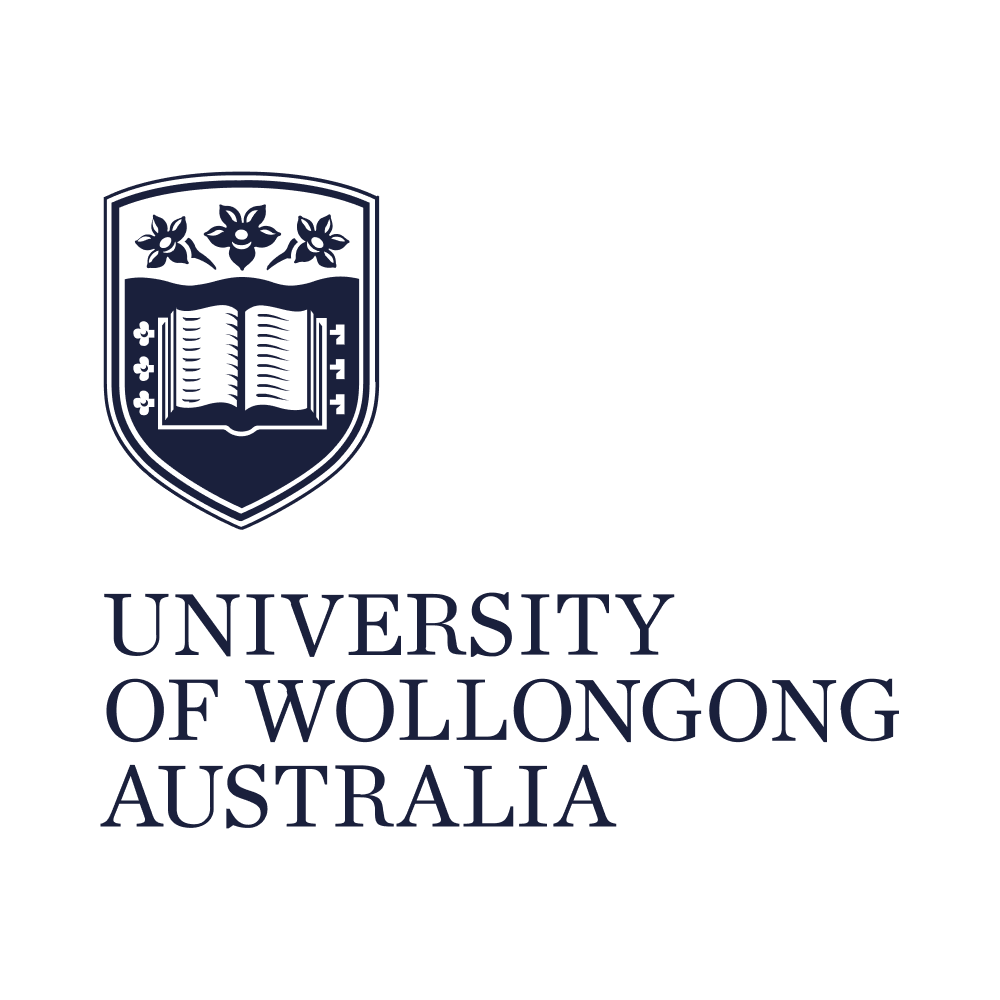University of Wollongong
Master of International Relations Extension
- Delivery: Online
- Study Level: Postgraduate
- Duration: 24 months
- Course Type: Master's
This online postgraduate degree provides advanced knowledge and skills necessary to respond to the complex and globalised international environment.

Course overview
The two-year Master of International Relations Extension degree is aimed at graduates of any discipline. It offers an interdisciplinary and practical understanding of international relations. It is designed for graduates who are seeking careers addressing international issues in government and international organisations, in worldwide non-government organisations and the business sector, or for those who are interested in undertaking further research-oriented degrees such as a PhD.
Throughout the degree, you will critically engage with key theories and issues related to the study of international relations through a range of elective subjects and specialisations. These provide the opportunity to develop knowledge and skills in one of four areas: research, public health, maritime security and policy, or international policy and skills.
The degree is also suitable for those currently employed in internationally focused positions who are interested in upgrading their knowledge and skills.
Key facts
27th July, 2026
What you will study
The Master of International Relations Extension requires the successful completion of 96 credit points consisting of:
- A 12-credit point core subject.
- 24 credit points for Foundations of International Relations subjects comprised 18 credit points for core subjects, plus six credit points for foundational electives.
- 60 credit points for elective subjects, including at least 12 credit points from designated capstone subjects and a maximum of one specialisation.
Unless otherwise indicated, each subject is worth six credit points.
All students must complete this core subject:
- Theories of International Relations (12 credit points)
Entry Requirements
A range of admission options are available for students of all ages and academic backgrounds. The procedures governing admission are defined in UOW's Admissions Procedures and the UOW College Admissions Policy.
For specific advice or to ask any questions regarding an application, please contact the UOW Future Students Team.
Assumed Knowledge
The University assumes students will have studied any two units of English.
Higher Education Study
For your application to be assessed on your university results you need to have completed at least half a year of full-time study (or part-time equivalent) at a Bachelor's degree level or higher. Your grades will be converted to a selection rank to be used for admission purposes. Students may also be eligible for credit for prior learning.
Work and Life Experience
Admission to UOW is primarily based on your academic qualifications, with work or life experience generally not considered. If you do not meet the academic requirements for this course, we recommend exploring recognized pathway programs, such as those offered by UOW College or the TAFE Tertiary Preparation Certificate (TPC).
Aboriginal and Torres Strait Islander People
UOW's Woolyungah Indigenous Centre's Indigenous Admissions Program (IAP) offers an alternative pathway for Indigenous Australians aged 17 and over who are seeking entry into an undergraduate course at UOW. Upon completing the IAP, applicants will be considered for admission based on an interview and assessment of both academic and non-academic qualities. For further details, including the application process, please contact Woolyungah Indigenous Centre.
Domestic Applicants with Overseas Qualifications
If you have completed or partially completed studies at an approved university or tertiary institution, you may be eligible for entry to UOW. You'll need to provide academic records and your course must be completed by at least one-sixth. Non-English documents must include an official English translation.
English Language Requirements
All UOW courses are taught in English and require varying levels of proficiency. If English is not your first language, you must meet the University’s English Language Requirements, which differ by course.
Accepted international test results include IELTS, TOEFL, PTE, Cambridge and OET for specific health-related courses. Contact the university or visit their website for more information.
Recognition of Prior Learning
If you have completed prior studies or relevant professional experience, you can request course credit or subject exemptions to reduce the duration and cost of your program.
Credit for prior learning evaluates your previous study or work experience related to your chosen subjects.
UOW values lifelong learning and recognizes various types of prior learning, regardless of how or where it was obtained. For more information, refer to UOW's Credit for Prior Learning page on their website.
Outcomes
Learning outcomes
Students graduating from this course will be able to:
- Demonstrate an advanced and integrated knowledge of the discipline of international relations.
- Demonstrate expert and specialized knowledge of specific processes and problems at the international and transnational levels including by synthesizing a range of complex information.
- Critically analyse key theories of international relations and apply them to a range of issues.
- Use and apply advanced research skills and methods as developed within the discipline of international relations.
- Communicate independent expert knowledge of critical contemporary problems to a range of audiences.
Fees and FEE-HELP
Tuition fees in 2026: Not available (domestic full-fee paying place)
UOW Subsidised Fees (USF)
Total indicative course tuition fee in 2026: $48,143
To make postgraduate study more affordable, where a Commonwealth-supported place is not available, UOW is offering eligible domestic students who start their studies in 2026 a subsidised fee reduction designed to support them in upskilling and progressing their careers.
A student’s fee may vary depending on:
- The number of subjects studied per term.
- The choice of major or specialisation.
- Choice of subjects.
- Credit from previous study or work experience.
- Eligibility for government-funded loans.
You may also need to pay the student services and amenities fee.
Student fees shown are subject to change. Contact the university directly to confirm.
FEE-HELP loans are available to assist eligible full-fee paying domestic students.

















